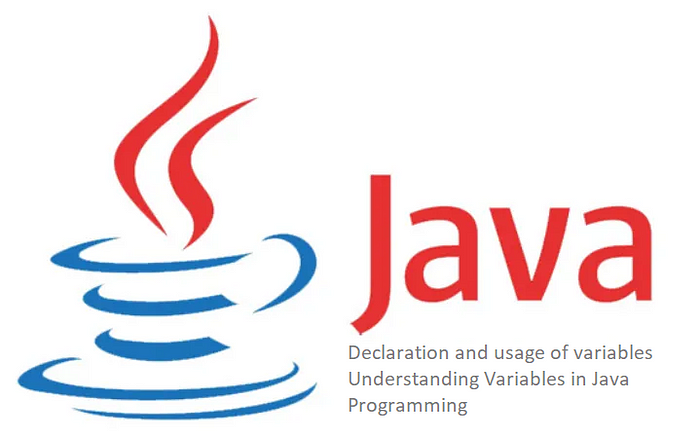Understanding Variable Declaration and Usage in Java Programming
Written on
Chapter 1: The Importance of Variables in Java
Variables are a key component in all programming languages, including Java. They serve as storage units for data that can be modified and retrieved throughout the code. This article will explore how to declare and utilize variables in Java.
Declaration of Variables
In Java, declaring a variable means defining its data type and name. The basic syntax is as follows:
datatype variableName;
In this context, datatype indicates the type of data the variable will hold, such as int, double, boolean, or char, while variableName is the label used to reference the variable.
For example, let’s declare some variables:
int age;
double temperature;
boolean isRaining;
char grade;
Initialization of Variables
Initialization refers to the process of assigning a value to a variable. This can occur during the declaration or at a later point in the program:
int age = 25;
double temperature = 28.5;
boolean isRaining = true;
char grade = 'A';
Usage of Variables
Once a variable has been declared and initialized, it can be employed in various operations and calculations within the program:
int currentYear = 2024;
int birthYear = 1999;
int age = currentYear - birthYear;
System.out.println("Age: " + age);
double radius = 5.0;
double area = Math.PI * radius * radius;
System.out.println("Area of the circle: " + area);
boolean isAdult = age >= 18;
System.out.println("Is the person an adult? " + isAdult);
Scope of Variables
The scope of a variable defines where it can be accessed within the program. In Java, variables can be classified as either local or global.
Local Variables: These are declared within a method or a specific block of code and can only be accessed within that block.
void myMethod() {
int x = 10; // local variable
System.out.println(x);
}
Global Variables: Also known as instance or class variables, these are defined within a class but outside any method, allowing access throughout the class.
public class MyClass {
int y = 20; // global variable
void myMethod() {
System.out.println(y);}
}
Conclusion
Variables are fundamental to Java programming, enabling developers to efficiently store and manipulate data. Grasping the concepts of declaration, initialization, and usage of variables is essential for creating effective and functional Java applications.

Chapter 2: Video Tutorials on Variable Management
To further enrich your understanding, check out these informative video tutorials:
This tutorial covers the basics of variable declaration and usage in C programming.
In this video, the differences between declaration and definition of a variable in C are explained.